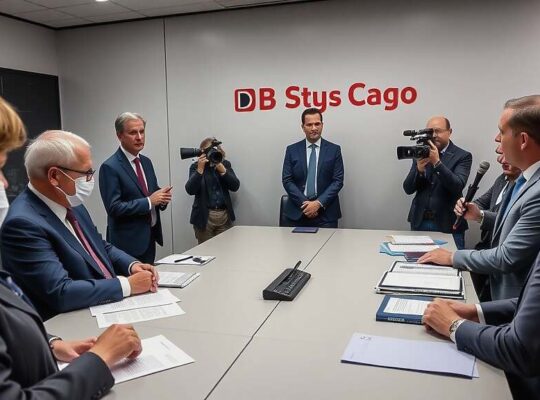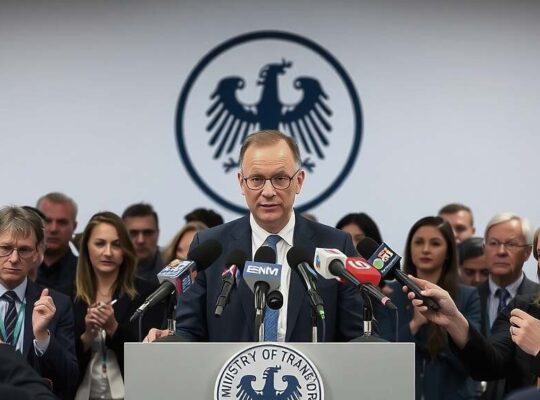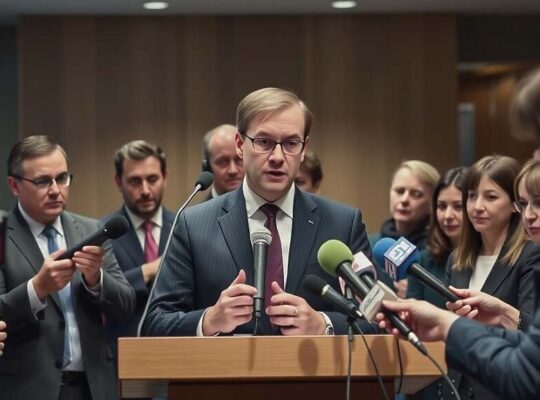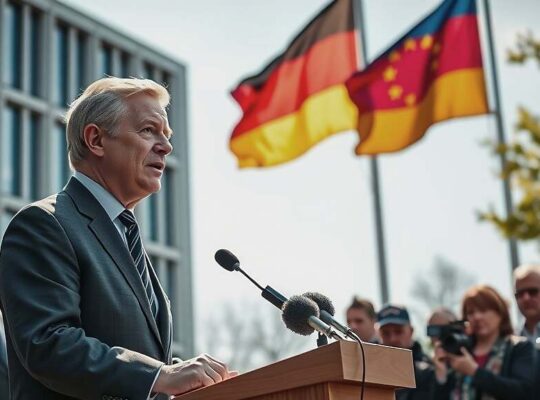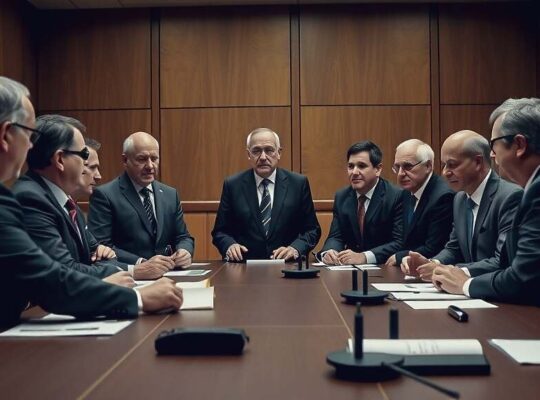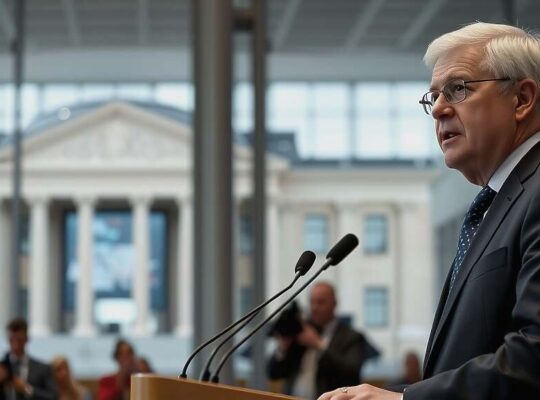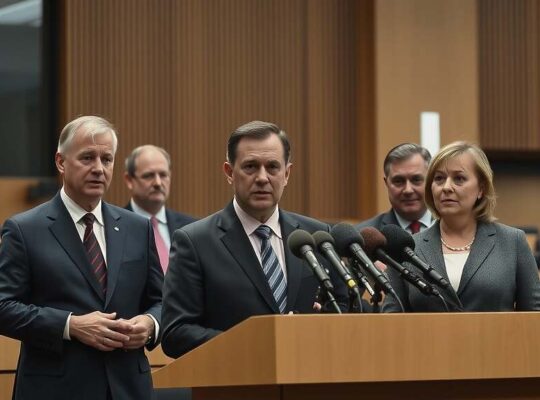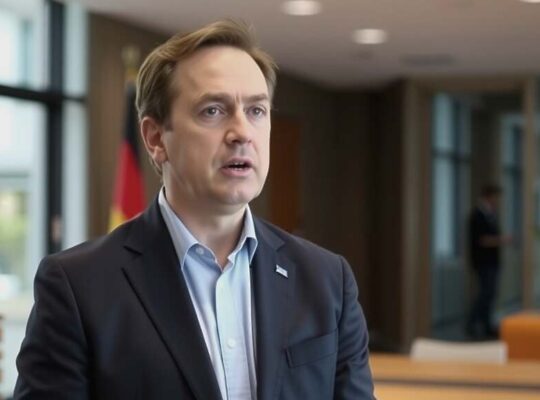Sharp criticism has been leveled against a 28-point proposal reportedly originating from the United States, outlining a potential roadmap for the future of Ukraine. Norbert Röttgen, a prominent voice in the German Christian Democratic Union (CDU) and former Foreign Affairs Committee chair, denounced the plan as “completely unsuitable” arguing it lacks “any element for the lasting security of Europe and Ukraine”. He suggested it represented a “Russian wish list for Ukrainian capitulation” designed to weaken Ukraine’s internal resilience and external defenses, while simultaneously advancing American commercial interests. The leak of the document, Röttgen noted with suspicion, originated from a Russian contact of a US official, an intentional maneuver to create the appearance of a negotiated settlement between Russia and the US.
The condemnation extends beyond the CDU. Robin Wagener, the Green Party’s representative for Eastern Europe, echoed Röttgen’s assessment, asserting the plan fails to meet the standards of genuine peace efforts. Wagener accused the proposal of primarily fulfilling Kremlin demands and demonstrated a “dangerous proximity” of the current US administration to the Putin regime. He specifically pointed to potential implications for the North Atlantic Treaty Organization (NATO), suggesting the document, if enacted, could grant Russia unprecedented influence over the alliance’s composition – a prospect deemed “completely unacceptable”. The proposal’s provisions regarding the utilization of frozen Russian assets were also flagged as a driver of transatlantic friction.
Wagener further criticized the document as an uncomfortable reflection of a lack of strategic vision, implicitly urging Chancellor Friedrich Merz and his colleagues to have proactively developed a European security framework following the initial failed negotiations in Alaska. A broader critique was that the EU and Germany have been passively allowing Russia to dominate the narrative surrounding the conflict.
The Green Party representative insisted the EU must now project strength, advocating for the immediate repurposing of frozen assets to bolster Ukraine’s defense capabilities. He also urged Merz to assert leadership within Germany to ensure this objective is achieved. Wagener further called for a more flexible approach to Germany’s new debt rules to facilitate increased military support for Ukraine, alongside strengthened counter-measures against Russia’s shadow fleet. Finally, he sharply rebuked the hesitancy surrounding the delivery of Taurus missiles, stating that decisive action, rather than merely symbolic gestures, is paramount to achieving sustainable peace.




